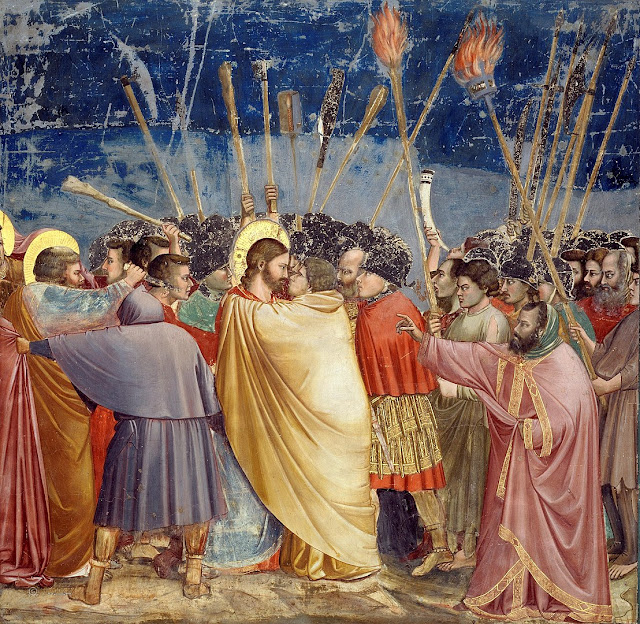The importance of nationality (the Albanian case) and the danger of utopianism according to Sir Roger Scruton by Albert Bikaj

Language, territory, culture, tradition, and history are elements that unite individuals, transforming them into a community that shares common interests, rights, and obligations. This social connection, developed as a political concept throughout the history of human civilization since its genesis has been and continues to this day to remain closely connected with the desire for freedom and self-government of a people. This desire, transformed throughout history into political ideas, has been and remains the source of the ancient virtue of patriotism – a virtue developed especially in the Greco-Roman civilization, from antiquity, the Middle Ages to the present day. The majority agreed with this opinion, but after the catastrophe of the middle of the 20th century, continuing until today, the views on the nation and patriotism have changed radically. A significant number of intellectuals and influential politicians share diametrically opposed opinions regarding the concept ...


